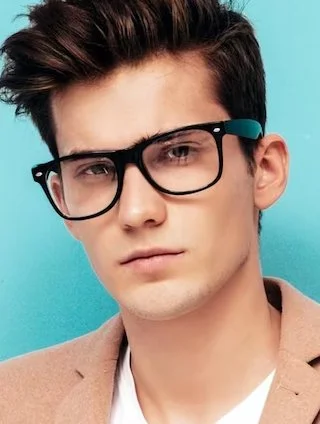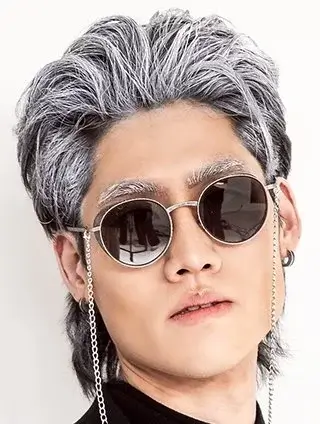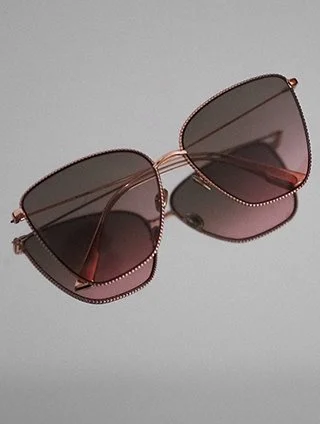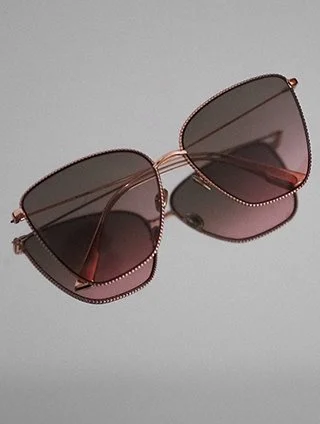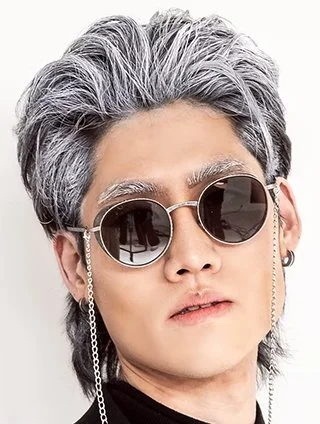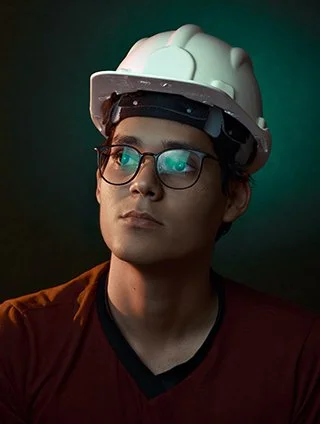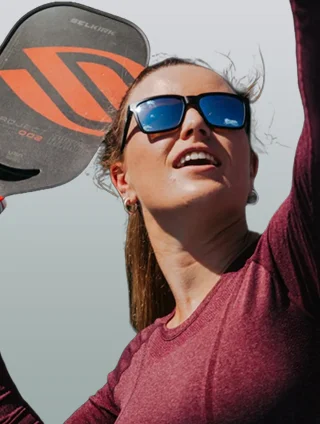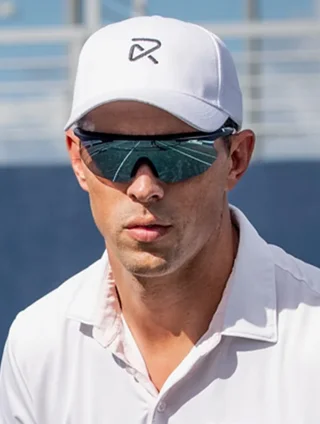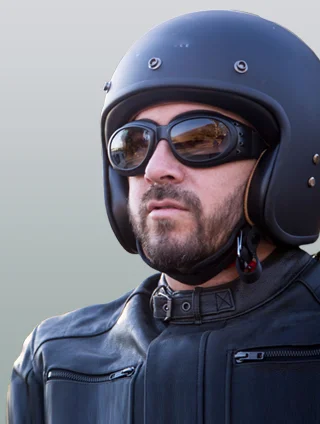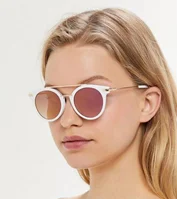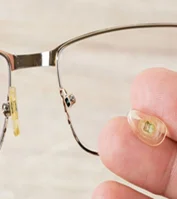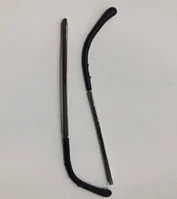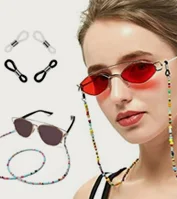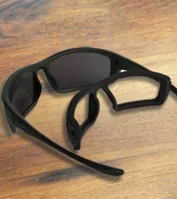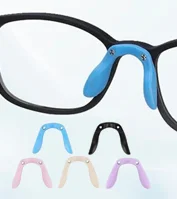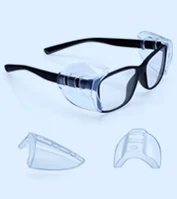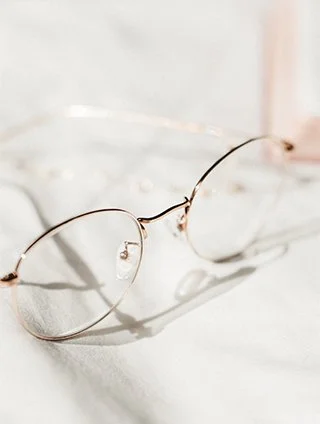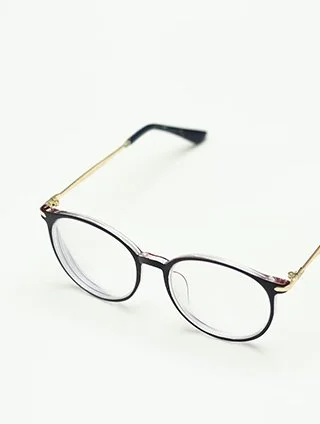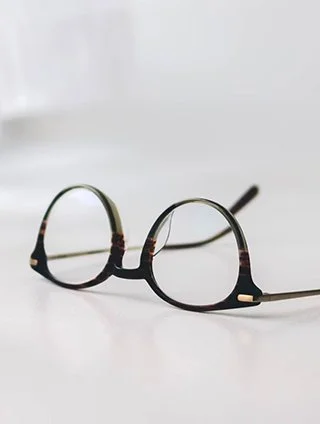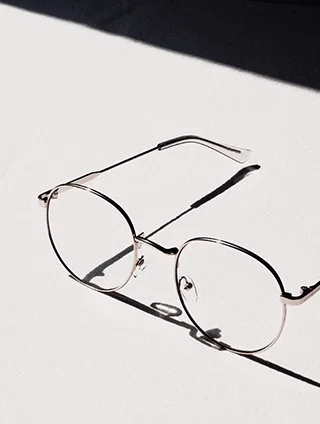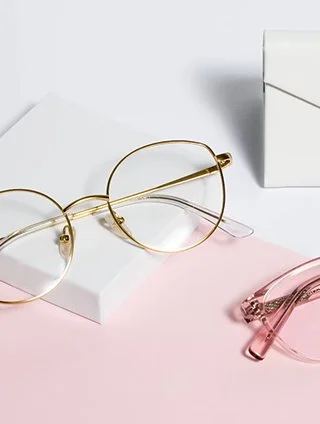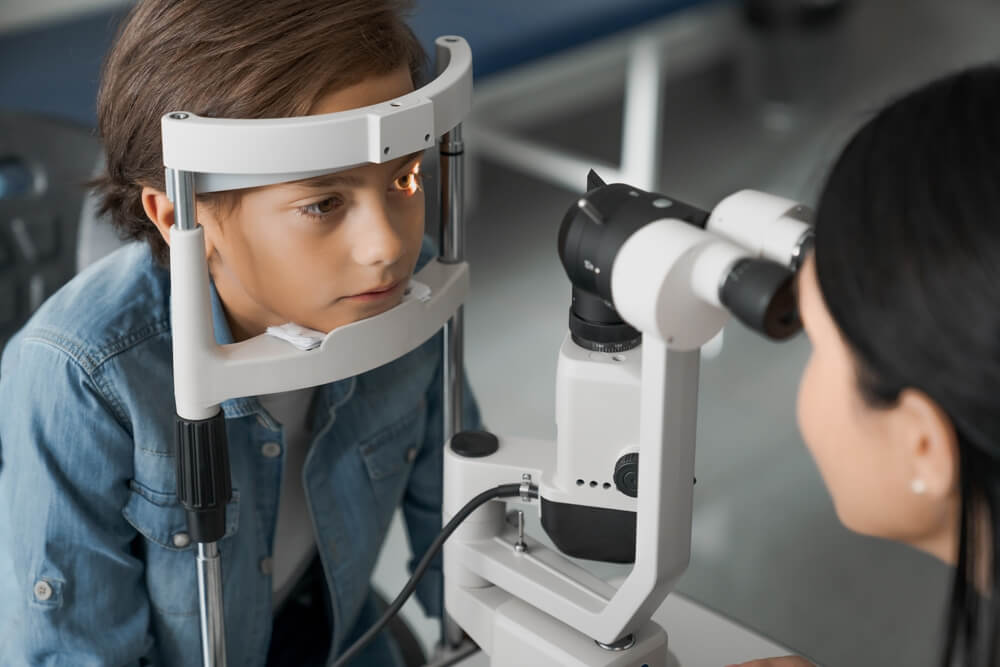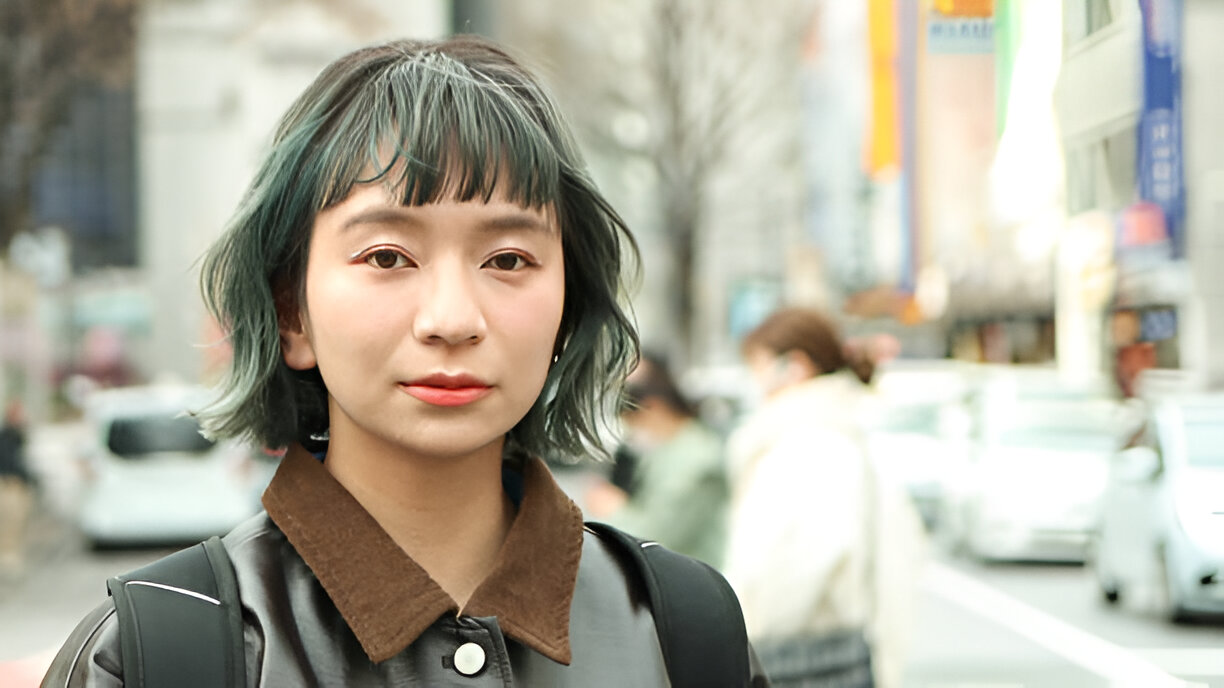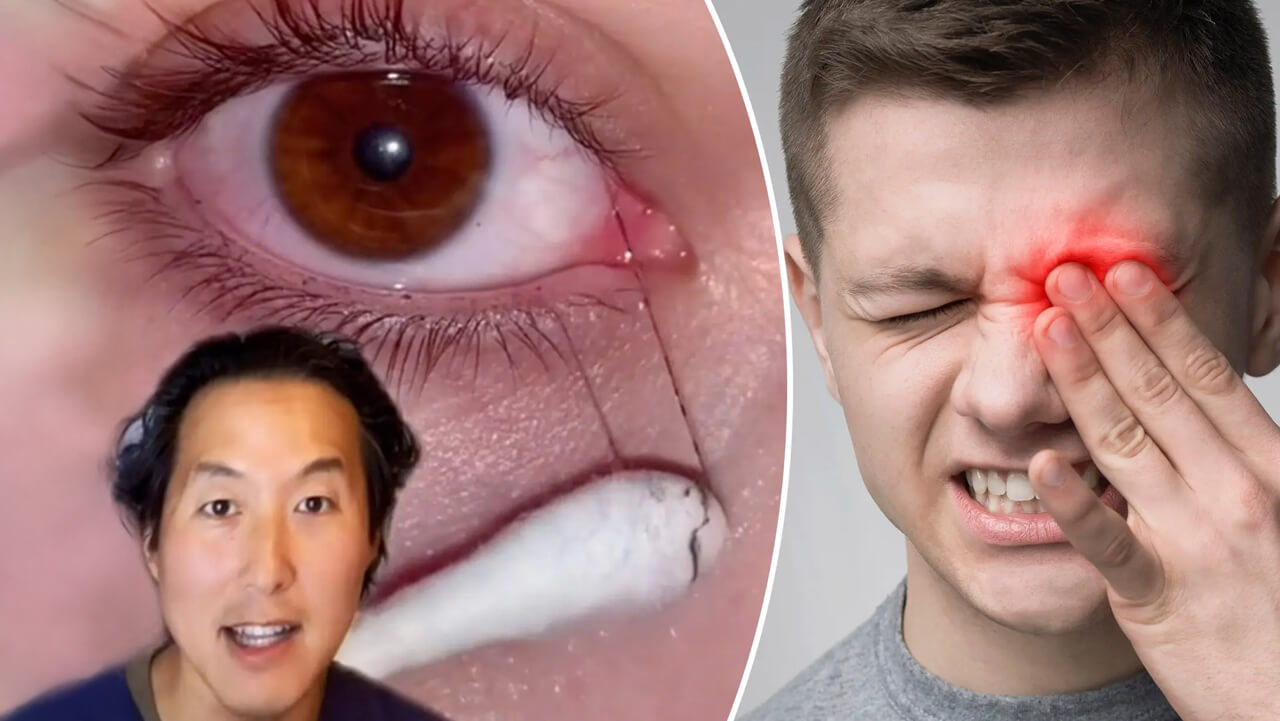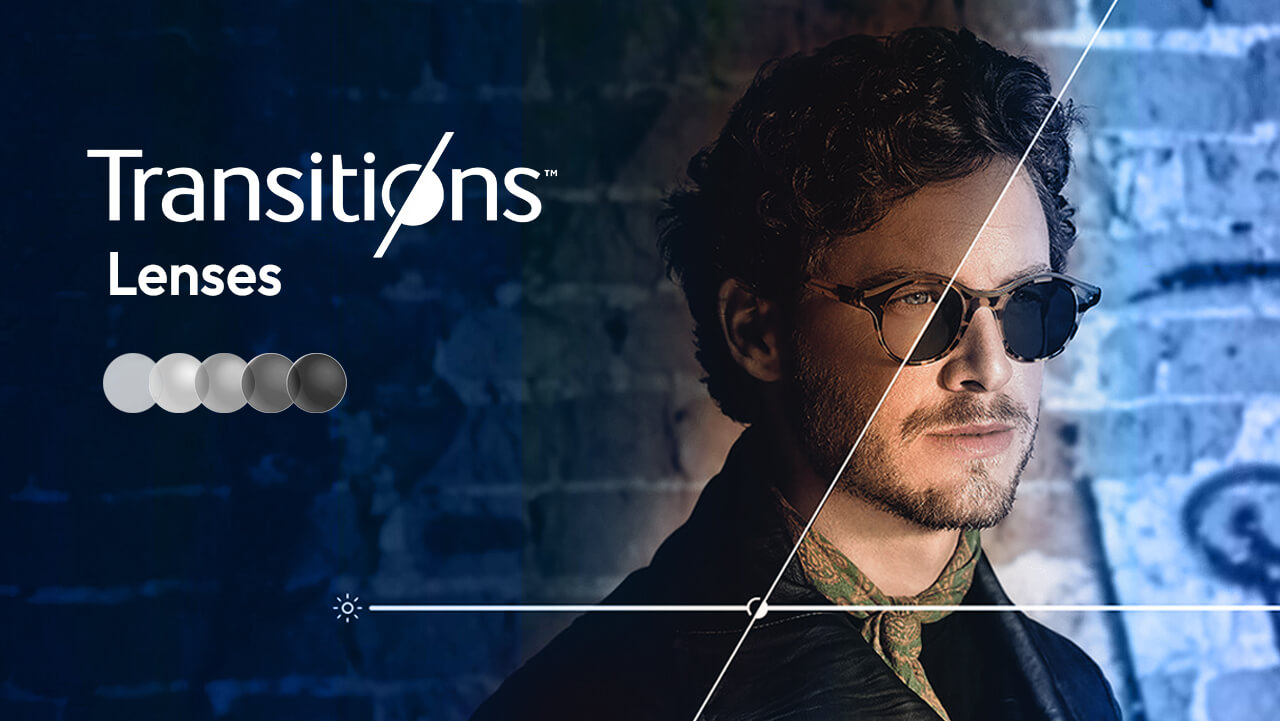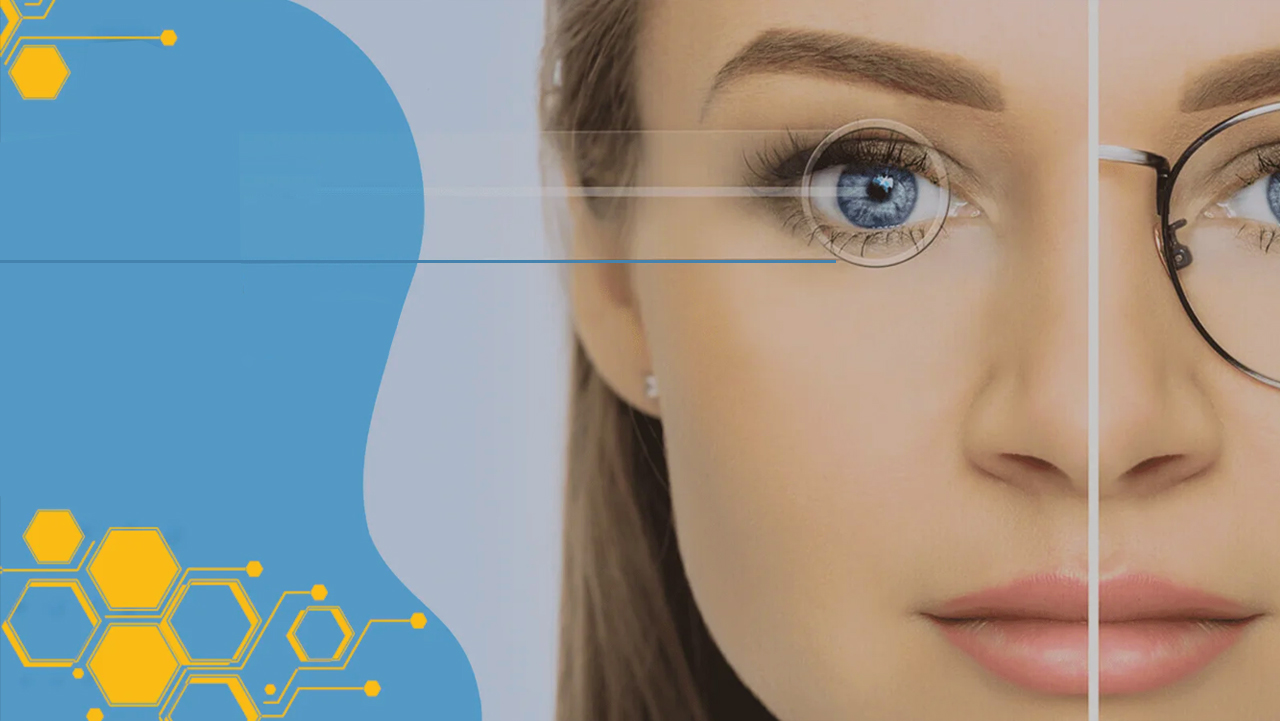Last updated: Wednesday, February 19, 2025
Clear vision is beneficial to a child's overall development. It aids in their exploration and teaching of the world around them. Therefore, their eyes must remain healthy. In a recent survey, The College of Optometrists discovered that almost 25% of adults had never taken their kids for a vision test.
Although the majority of toddlers and young children don't require glasses, it's still important to recognize the early indicators of a vision issue so you can seek assistance if your child does. Early detection and treatment of eye issues usually result in significantly better outcomes.
A child may experience reduced vision in one or both eyes if they go untreated and unnoticed. Here is a list of some indicators that your child may be having vision problems. If they must wear glasses, we have also included some advice to make them feel confident and at ease.
Signifying Signs That Your Kid Needs Glasses
It's critical to recognize the symptoms of visual impairment in your child because if they are having trouble seeing, they cannot communicate with you. Follow these a couple of things:
Infants Aged 0–6 Months Exhibiting Symptoms Of Visual Issues
Most babies should be able to use their eyes to follow bright objects like toys or fascinating objects like patterns by the time they are six weeks old. Don't worry if your newborn baby has trouble seeing objects across the room at this time they can only really focus on objects that are close to them.
They typically look or turn their head toward the sound if you make it. Your baby may have a visual or auditory impairment if they don't seem to react to these stimuli or if they have trouble focusing on you. They may also not react to your gestures or facial expressions. Known as a squint, some babies' eyes at this age may immediately look slightly different from one another.
This is normal and should not cause concern. Make an appointment to see your optometrist as most cases can be treated very successfully, but if the squint seems to be present all the time that needs to be looked into consultation. Covering each of their baby's eyes individually is a really simple thing for parents to try. If they protest or show signs of distress like sobbing or making upsetting noises, it may be a sign that they have a visual issue like lazy eyes.
Symptoms Of Visual Issues In Infants Older Than Six Months
Your baby's eyes should be fully developed at six months of age, according to health experts. They will thus be capable of discerning depth and three-dimensional forms. Read here about when should children get eyeglasses. Additionally, when you point out objects that are farther away, they should be able to focus. It may be a sign of a problem if your child has trouble focusing on these items or if they have trouble following your movements with their eyes.
General Signal Of Visual Issues In Young Children And Toddlers
These indications point to a potential visual impairment in your child.
Frequent Rubbing Of The Eyes Or Squinting
Your child may be exhibiting possible vision health issues if they are frequently squinting or wiping their eyes. Squinting aids in light focus and momentarily enhances clarity so your child may be attempting to make up for weak vision. Thus, eye rubbing is a symptom of chronic squinting-related eye fatigue.
Complaining Of Eye Pain Or Headaches
When reading, writing or even at the end of the day, your child may start complaining of frequent headaches or eyestrain from poor vision.
Putting Objects Too Near To One's Face
In an attempt to improve their vision, your child may be holding books, iPads, or other objects too close to their face. This could be a major sign of eye issues. Subconsciously, they are trying to focus on objects that are closer to their focal range so they can see them.
Inability To See Well Up Close Or Far Away
Your child may begin to exhibit difficulties with near-focus tasks like writing or reading or even with distance vision (e.g. The school board. This suggests that your kid has vision problems or might benefit from kids prescription eyeglasses.
Excessive Tearing Or Photosensitivity
Some kids might be showing signs of light sensitivity, which can exacerbate their visual pain and cause them to squint excessively. Constant squinting can cause eye fatigue, which can overwork the eyes and cause more tears. Poor vision health may be the cause of this vicious cycle of symptoms.
Reduction In Scholastic Achievement
An academic child's performance may suffer because of sight issues. Your child's behavior may be changing because of vision problems if you start to notice a decrease in their academic performance, such as when they become angrier or stop reading.
There are two main areas that parents need to be aware of.
- Watch out for an eye turn or squint that happens occasionally or permanently. This is known to be a cause of lazy eye so you should be concerned and have their eyes checked.
- Lazy eyes, also known as squints, are not always visible and might run in families. You can identify early indicators of eye health issues by looking at photos with the flash on.
- One of your child's pupils may have a less intense red glow than the other. This could indicate that one eye has a high prescription, which can also result in a lazy eye.
Although it is extremely uncommon, a white glow or glimmer in the pupil may also indicate a problem. Even though none of these conditions are common, if you do notice any of them, you should schedule an appointment with your neighborhood optometrist right away.
Encouraging The Health Of The Eyes
You should treat your eyes with the same consideration that you do your body. Make sure your child has an active lifestyle, eats balanced food, and has regular eye exams as the three major things you can undertake to protect their vision. Engaging in outdoor play more frequently could potentially prevent or delay the onset of myopia in children who are susceptible to it.
Thus, we would advise families who have a history of myopia to increase their outdoor time in a balanced healthful manner. Exercise is therefore beneficial for your eyes besides your overall health. Make sure to wear high-quality kids prescription sunglasses with UV protection if you and your child spend a lot of time outside. Wearing a sun visor or hat with a wide brim when it's bright outside is another way to shield your eyes.
How Can You Help Your Kids Wear Their Glasses?
At the time of fitting, your child may appear content with their glasses, but once you're home, they may not want to wear them. Or you may have trouble with your infant reaching or grabbing at your glasses if they are a baby. Wearing prescription glasses may cause distress for certain children. This is typical because improper fitting can make them uncomfortable to wear.
To ensure that the glasses are appropriately comfortable and worn safely and correctly, a qualified eye care professional, such as an optometrist must fit them or dispensing optician. The following suggestion can assist your child in wearing their glasses at all times. assisting infants in wearing their glasses.
- To keep them occupied while they put on their glasses, try getting out a fun toy. This will assist them in connecting wearing their glasses with having fun.
- As an alternative to going around their ears, you might consider getting a strap for their glasses that will fit over their head like a pair of goggles or sports glasses.
- Discuss ear grips or loops with your dispensing optician or optometrist to prevent glasses from falling off.
Helping Older Kids And Toddlers To Wear Their Glasses.
- Draw attention to any fictional or real-life characters who wear spectacles.
- Involve your child in choosing the pattern or frame if they are old enough.
- Have positive thoughts about the glasses and how your child looks wearing them.
- To assist them in associating wearing their glasses with good behavior, make a star chart.
There is an additional option if you are having trouble helping your child wear their glasses consistently. Children have another option is to wear contacts. Numerous research studies demonstrate that children of all ages can safely wear lenses, especially when they're mature and adopted enough to take them in and out on their own. You must always adhere to your optometrist's instructions regarding hand hygiene and contact lens care, as well as scheduling routine examinations.
Choosing Safe Eyewear
Once more, you should never forget to prioritize safety. Make sure that the lenses in your child's glasses are made of polycarbonate rather than glass because kids will break them. It is a secure substance. There are sports goggles made of the same material that will help shield your child's eyes from injury and it's lighter than other lenses.
Making sure not to nag is another important factor. If your child takes off their glasses don't get upset with them about it. Make sure your child puts on their glasses and gives them a pat on the back when you notice them doing so.
Say something simple like Oh, I see that you are wearing your glasses. Thank you, it helps to know that you have good vision. Include wearing glasses in your child's everyday routine. Don them during their teeth-brushing routine when they are getting dressed and during other daily activities to help them form the habit of wearing them.
Before long, they may even realize that they have forgotten to wear them. Additionally, see to it that your child visits the eye doctor regularly to ensure that their prescriptions exist. If doctors notice that they are not seeing well with their glasses on they can even suggest that even though you saw an eye doctor six months ago, it's time to have your child's eyes checked again to make sure the prescription is correct or that they don't need a new one.
Final Words
In analysis, it is advisable to have a child's eyes examined by your pediatrician if you believe there is a visual abnormality. Eye care professionals can examine the eyes. If they are old enough, they can examine their eyes and perform a vision examination. The primary factor is that children's eyes are still developing, so the earlier an eye condition is detected and treated, the better it will be for their general visual health. Don’t forget to browse Eyeweb for the best deal on all eyeglasses.


